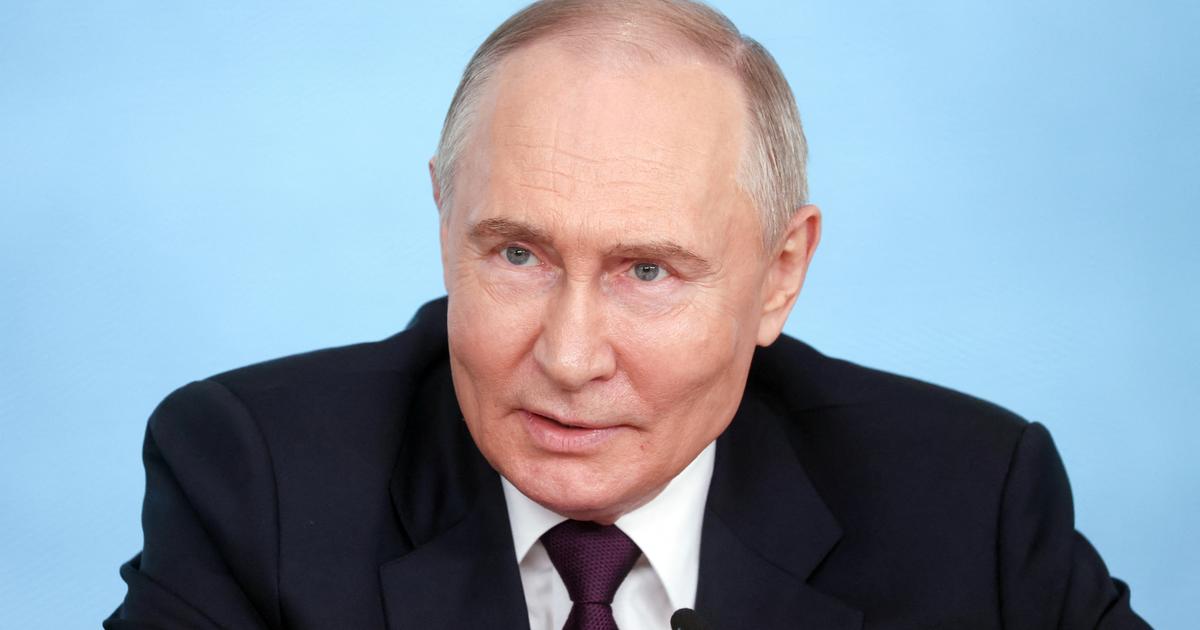Escalation of the Ukraine-Russia War: Significant Developments and Heavy Losses
Kyiv – The Ukraine conflict continues to escalate with severe consequences for both Ukrainian and Russian forces. Over two years into the conflict, Ukraine remains steadfast in defending its territory against Russian invasions. The casualty figures are alarming, with the Ukrainian side reporting heavy losses inflicted on the Russian military. According to Ukrainian authorities, approximately 1,300 Russian soldiers have either died or sustained serious injuries in the past 24 hours, bringing the total number of Russian casualties to 505,100 since the invasion began. However, these figures are challenging to verify independently due to the ongoing nature of the conflict.
In addition to human casualties, the war has resulted in significant losses of military equipment for Russia. Ukrainian military reports indicate that Russia has lost 7,700 tanks, 10,510 drones, and 17,796 other vehicles and tankers as of May 29, 2024. Western secret services, including those from the US, UK, and France, have provided assessments suggesting that Russian military casualties range from 350,000 to 500,000, illustrating the high cost of the invasion for marginal land gains.
France and Germany's Evolving Stance on Ukraine
In a significant development, France and Germany have taken a more pronounced stance in supporting Ukraine. During a Franco-German Council of Ministers, French President Emmanuel Macron authorized Kyiv to strike military targets in Russia using French missiles. Macron emphasized the necessity for Ukraine to neutralize the military sites from which Russian forces launch attacks. He also suggested that European troops might be sent if necessary. Chancellor Olaf Scholz of Germany, while more cautious, opened the door to Ukraine using tanks transferred from Berlin to target Russian territory.
Macron’s approach signifies a shift in doctrine aimed at closing the gap between France and Germany after a period of strained relations. Despite US National Security Council spokesperson John Kirby’s statement that the United States does not support utilizing US-supplied weapons to attack Russian soil, NATO's Secretary General Jens Stoltenberg has urged Western nations to lift restrictions that hinder Ukraine's defensive capabilities.
Russian President Vladimir Putin issued a stark warning against European involvement, emphasizing the potential severe consequences of ongoing escalations. This warning underscores the fragile and volatile nature of European politics and the Ukraine conflict.
French President Macron’s state visit to Germany, the first in 24 years, aimed to mend the relationship with Chancellor Scholz and address the rising influence of far-right parties in Europe. Macron called for Europeans to resist this influence, highlighting the need for unity and democratic principles ahead of the European elections. Meanwhile, offices of the European Parliament in Strasbourg and Brussels were raided over alleged Russian interference, adding another layer of complexity to European geopolitics.
- During his state visit, Macron stressed the historical ties between France and Germany, especially in the context of the European Union's upcoming elections. The focus on unity is crucial in countering the potential rise of extremist elements within European politics.
- Chancellor Scholz's restrained stance aligns with Germany's more cautious approach to direct military involvement, contrasting with France's readiness to enable Ukrainian offensives into Russian territory. This nuanced support reflects the broader European strategy of balancing aid to Ukraine with mitigating direct escalation risks with Russia.




